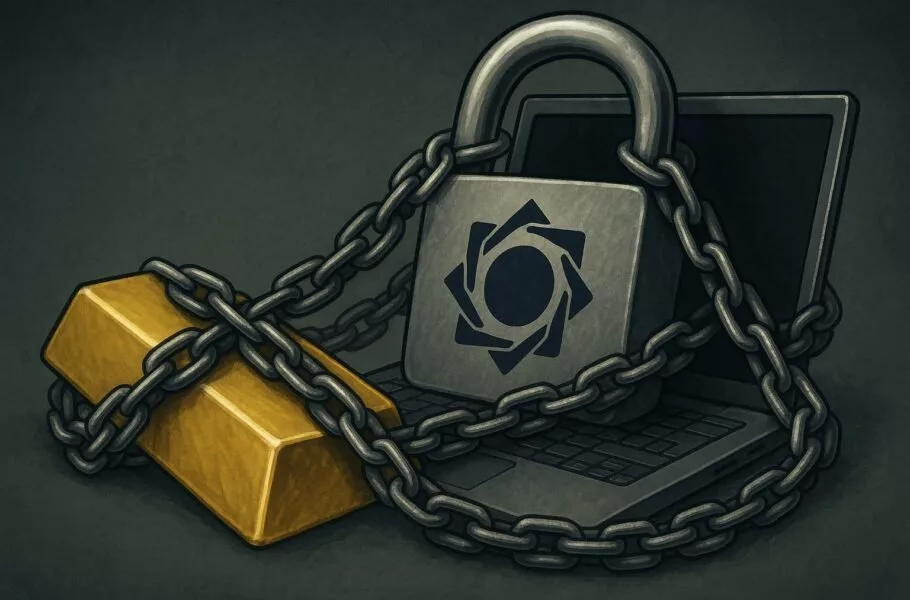
Iran’s Central Bank Sets Five Conditions for Reopening Online Gold Trading Gateways
The Central Bank of Iran has outlined five conditions for reopening online gold trading platforms. Platforms and trade unions warn of legal and technical risks.
With the start of the Iran-Israel war, the Central Bank placed restrictions on digital firms. One such move closed payment gateways for online gold trading websites. Nineteen days have passed since the 12-day war concluded, but the Central Bank has given just five conditions for opening the gateways. The conditions have been declared illegal and, in some cases, unenforceable by some sites and trade groups.
Central Bank's five conditions for gold platforms
According to Tasnim News Agency, the Central Bank requires platforms to:
- Maintain sold gold reserves in real time at Kargoshaei Bank.
- Refine the accumulated gold into standard 995-purity bars within three months of the reopening of the gateway.
- Enter into contract with an authorized bank within a month and verify in-app wallets with the authorized bank. Balances of wallets are not allowed to be less than overall bank account balances.
- Have all the trades registered under the Comprehensive Trade System and cleared for security by FATA police.
- Pay all rial commitments within 48 hours.
Indirect control over user assets issues
Mohsen Abolfathi, the CEO of Taline, told Digiato that these regulations create technical, legal, and economic concerns. He questioned the justification behind the regulations and warned against interests conflicts. Abolfathi said that compulsory conversion of users' gold into standard bars and pooling together in one bank could shift indirect control over the users' assets to some institutions, which could damage confidence in the regulator.
He criticized the Central Bank for pursuing the easiest answer instead of the best one. Compulsory conversion into 995-purity bars may remove gold from circulation and concentrate it in the banking system, limiting users' access.
Abolfathi also stated wallet verification mandates neglect the complexity of Iranian banking and payment infrastructure and impose disproportionate burdens on platforms.
Trade association view
The Virtual Business Union chief, Reza Olfatnesab, further stated that the Central Bank would not be the one to set such regulations. The regulatory responsibility belongs to the high supervisory board of the Ministry of Commerce. He compared the Central Bank's rationing of gasoline based on bakeries as a result of poor bread quality.
Oflatnesab called on the Legal Deputy of the Presidency to prevent authorities from intervening in businesses through government means and highlighted that regulations need to be consulted with pertinent businesses as required by the Business Environment Improvement Law.
Reopening was first planned for mid-week following a final check. Now that the Central Bank's conditions have been made public, sites can possibly not comply, rendering reopening of payment gateways imminent.












